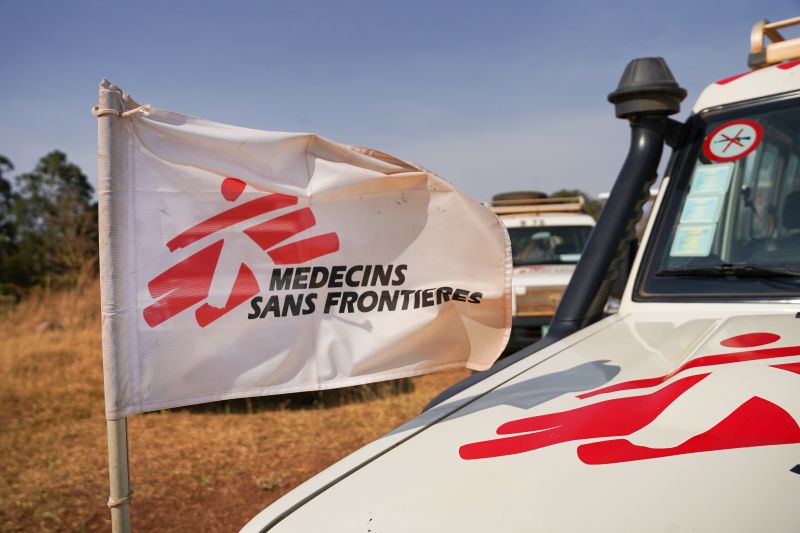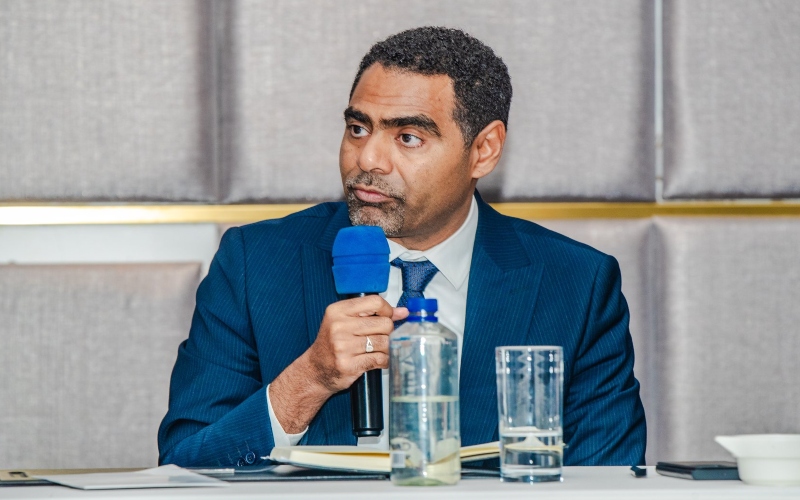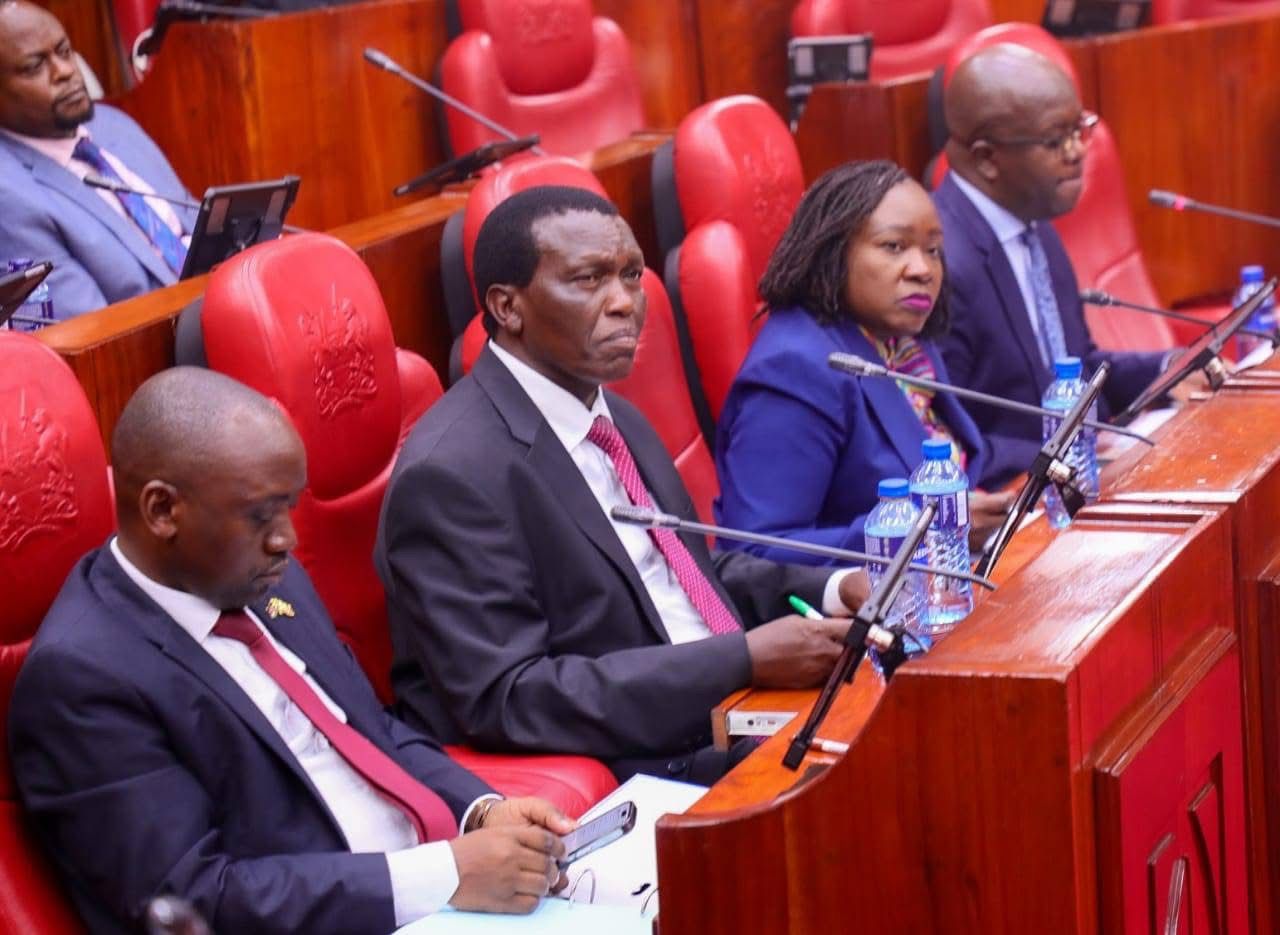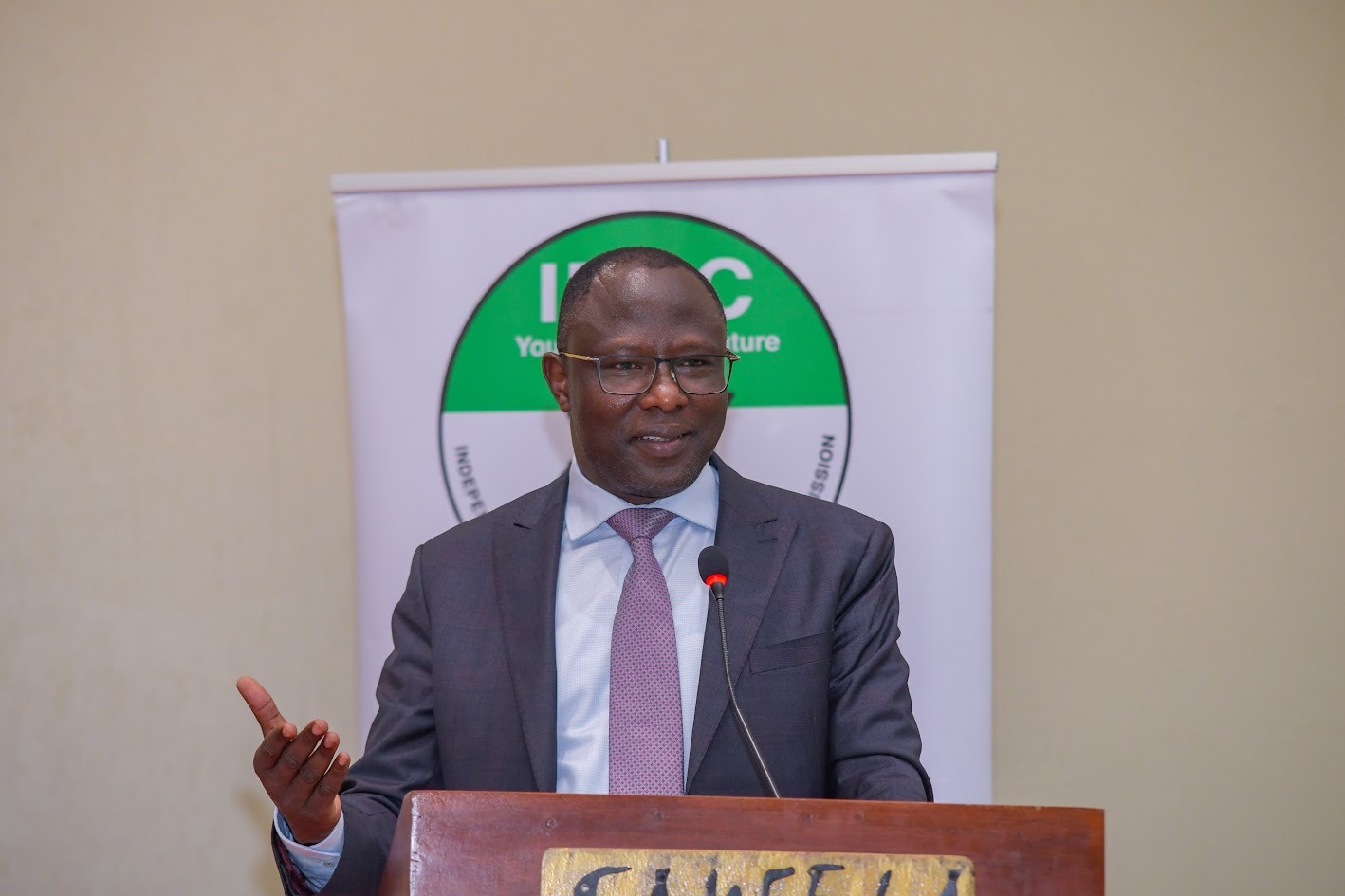National Assembly probes tea bonus disparities after farmer complaints
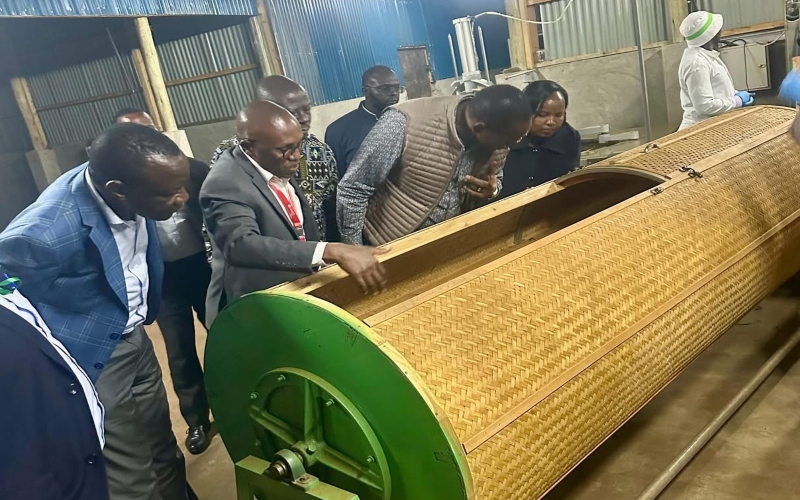
On Tuesday, two separate teams visited factories in both the western and eastern Rift to gather first-hand data and compare practices, focusing on factors that influence the final bonus to farmers.
The National Assembly has begun a detailed examination into the tea sector, aiming to understand why farmers in Kenya’s Rift regions receive markedly different bonuses.
The move comes after repeated complaints of low payouts and claims of poor representation in decision-making structures managing tea revenues.
More To Read
- National Assembly to probe tea sector over low bonuses and uneven pricing
- Relief for tea farmers as subsidised fertiliser arrives at Mombasa Port after months of delay
- KTDA suspends staff travel, training in cost-cutting drive amid outcry over farmers' bonus cuts
- Agriculture Ministry blames external factors for drop in 2024/25 KTDA tea payments
- MPs demand probe into KTDA over corruption, mismanagement and unfair tea bonuses
- Kenya’s tea industry faces Sh6.5 billion losses as Sudan ban persists
On Tuesday, two separate teams visited factories in both the western and eastern Rift to gather first-hand data and compare practices, focusing on factors that influence the final bonus to farmers.
In Bomet County, the delegation led by Committee Chair John Mutunga visited Motigo Tea Factory, where farmers from Zone 9 factories demanded major reforms at Kenya Tea Development Authority (KTDA).
They argued that current leadership does not fairly represent all regions, leaving Western farmers at a disadvantage.
“The audit report shows corruption and mismanagement of farmers' resources by our directors. They made many decisions without involving the farmers. The audit report shows that directors bought land without farmers' consent, and as farmers, we are not happy that our money is being misappropriated through allowances. We call upon investigative agencies to investigate and find solutions, and those guilty be arrested and made to pay,” said Josiah Kerich, a farmer from Kapkoros.
Farmers also raised concerns about escalating production costs and consistently low bonus rates.
“We don’t have any other source of income; it is just tea that we depend on. And being paid Sh13 for a bonus is such an insult. We can’t pay school fees or even buy food to sustain our families and pay those who pluck the tea for us,” said Zeddy Mausa.
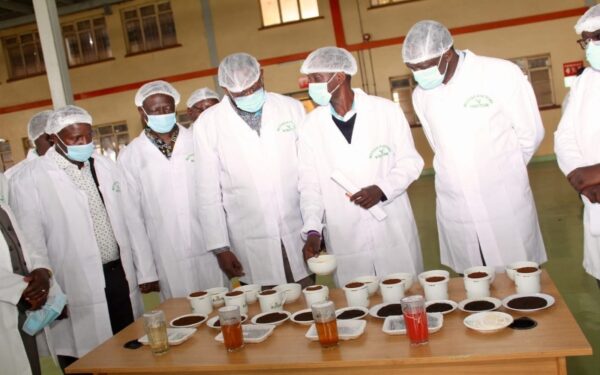 The National Assembly Committee on Agriculture and Livestock inspecting tea samples during a visit to Motigo factory on November 18, 2025. (Photo: National Assembly)
The National Assembly Committee on Agriculture and Livestock inspecting tea samples during a visit to Motigo factory on November 18, 2025. (Photo: National Assembly)
Chairperson Mutunga assured farmers that the Committee is determined to find workable solutions.
“Tea exports are a major source of foreign exchange, and uprooting a crop that takes seven years to mature signals a serious problem. We have reviewed tea quality and harvesting practices, and this inquiry seeks to establish clear, comparable results across regions,” he said.
Robert Rono, Chair of Kapkoros Group of Companies, emphasised the need for the 2023 Management Services Agreement between KTDA and factory companies to be implemented.
He explained that board members are often excluded from major decisions affecting loans, procurement, and performance monitoring.
“Regulatory gaps and unequal application of the Tea Act by TBK are harming us. Private processors bypass some rules, while KTDA is bound by reserve prices that limit bonuses. Fair treatment is essential for all,” Rono stated.
The Committee also visited the Tea Research Institute to understand how factors like rainfall, climate shifts, factory policies, and road networks influence tea quality and, by extension, bonuses.
TRI Director Lilian Kerio highlighted resource shortages as a major obstacle.
“We lack funding for extensive research since government allocations are absent, and the tea levy under the Tea Act, 2020, is not yet operational. One of our factories is non-functional due to missing equipment,” Kerio said.
In the eastern Rift, Committee Vice Chair Brighton Yegon led visits to Michimikuru and Rukuriri tea factories in Meru and Embu counties.
The committees plan to meet more farmers in Nyamira, Muranga, and Kiambu as part of the ongoing inquiry.
Top Stories Today

